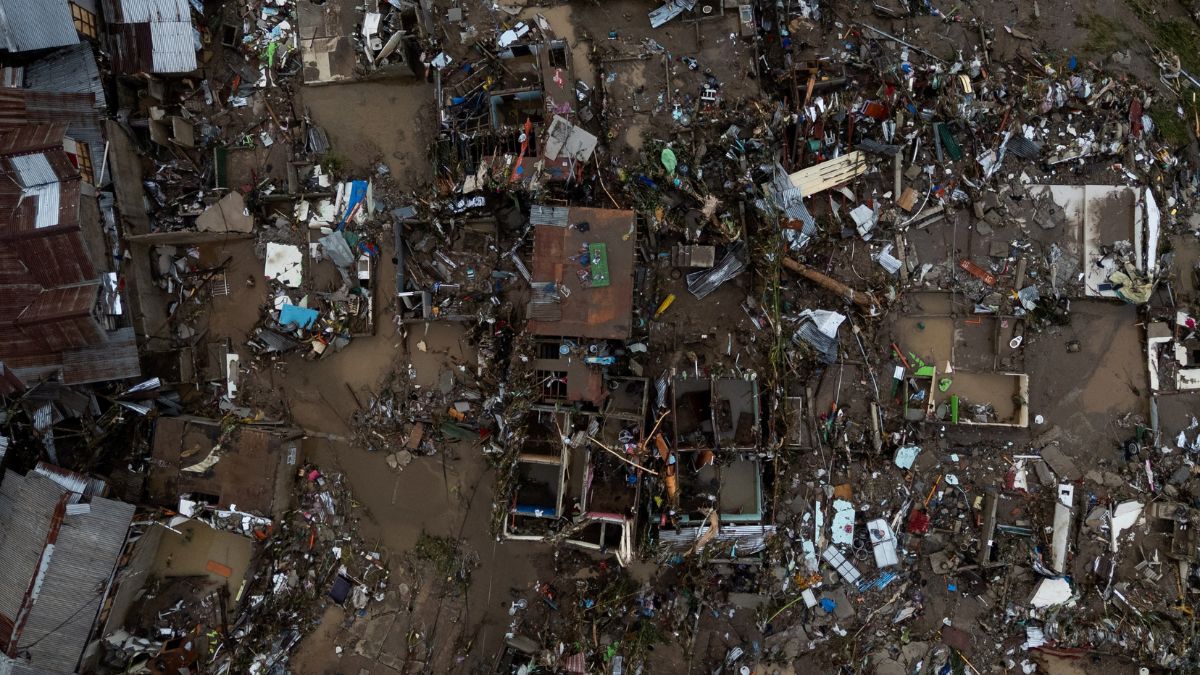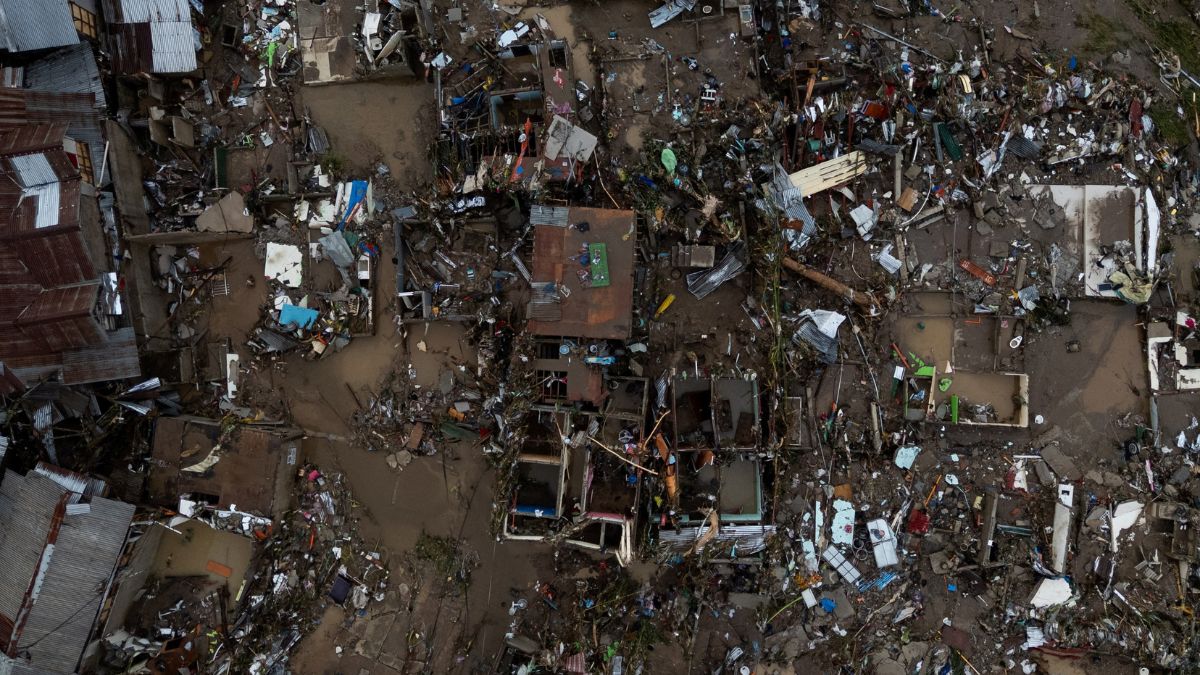Microsoft is making a global push on data sovereignty, announcing plans to enable in-country data processing for its powerful artificial intelligence (AI) tool, Microsoft 365 Copilot, across 15 nations by 2026.
This move is specifically designed to meet strict regulatory and security demands from governments and highly regulated industries worldwide.
India is set to be one of the first four countries—alongside Australia, Japan, and the United Kingdom—to get this option by the end of 2025.
The initiative ensures that customers’ AI interactions within Microsoft 365 Copilot—including the prompts users enter and the responses generated by the Azure OpenAI large language models—will be processed and handled within local data centers during normal operations.
This commitment significantly addresses growing concerns over data sovereignty and governance.
The company stated this measure is primarily driven by the need for enhanced security and regulatory compliance rather than just performance improvements. By keeping sensitive AI data processing within national borders, Microsoft offers its customers greater control and helps them align with increasingly stringent local data protection laws.
Global rollout schedule
Following the initial deployment in the four nations by the end of 2025, Microsoft plans to expand in-country processing to eleven additional countries in 2026. This list includes the United States, Canada, Germany, Italy, Malaysia, Poland, South Africa, Spain, Sweden, Switzerland, and the United Arab Emirates.
This expansion builds on Microsoft’s existing investments in data residency, which already offer customers in 27 countries the option to store data locally and maintain regional data residency within the European Union (EU) Data Boundary.
Impact Shorts
More ShortsThe move comes after the company faced a legal dispute earlier this year with an India-based refiner, Nayara Energy, when Microsoft services were temporarily cut off following EU sanctions.
In response, Microsoft revamped its compliance framework and set up a new council to engage with critical Indian sectors like energy, healthcare, and financial services, reinforcing its commitment to local market compliance.


)

)
)
)
)
)
)
)
)



